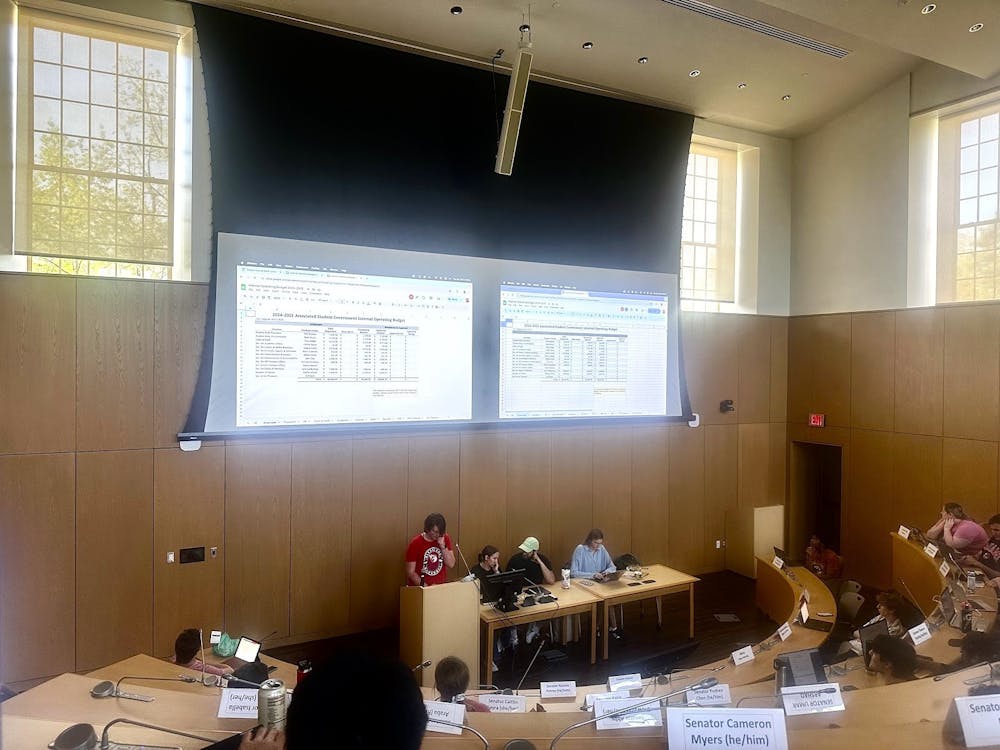Last Friday, Sept. 15, Miami University's Board of Trustees (BoT) passed a resolution granting David Creamer, senior vice president for finance and business services, the ability to issue $22 million worth of refunding bonds to manage the university's debt.
Creamer explained that this debt -- and all long-term debt accrued by a state university -- has to be financed through the issuance of tax-exempt bonds.
"Tax-exempt bonds are things that corporations, banks and individuals buy that are then issued to the university," Creamer said. "There is an annual interest payment that follows that, we use it only for capital construction. The law is very limiting on how we can use these mechanisms."
The debt in question accumulated from the university's construction projects during 2012, in which several residence halls on East Quad were renovated.
While Creamer will have the power to issue these refunding bonds between now and when the next payment is due in March 2018, it is unlikely he will.
The university would likely only issue refunding bonds is if the interest rate of the refunding bonds is lower than the interest rate of the tax exempt bonds, said Creamer. Currently, issuing the refunding bonds would not save the university any money.
John Altman, committee chair of the BoT's finance and audit subcommittee, introduced the resolution at the meeting on Friday to the rest of the board. It passed unanimously.
"We asked for the authority for me [to issue the bonds] because interest rates can move significantly at times and if we for some reason saw a dramatic drop in rates between now and March then I would move to execute the refunding bonds," Creamer said. "But as I explained to the board the odds of that are not great, but I don't want to be in a position that I couldn't do that should that exception occur."
Additionally, Altman presented the 2017-2018 fiscal budget that allocated funds toward general expenditures including: salaries, staff benefits, scholarships, fellowships and student fee waivers as well as graduate assistant fee waivers and utilities.
The budget was enacted following the presentation at the meeting, and ended up totaling $801,805,978.



